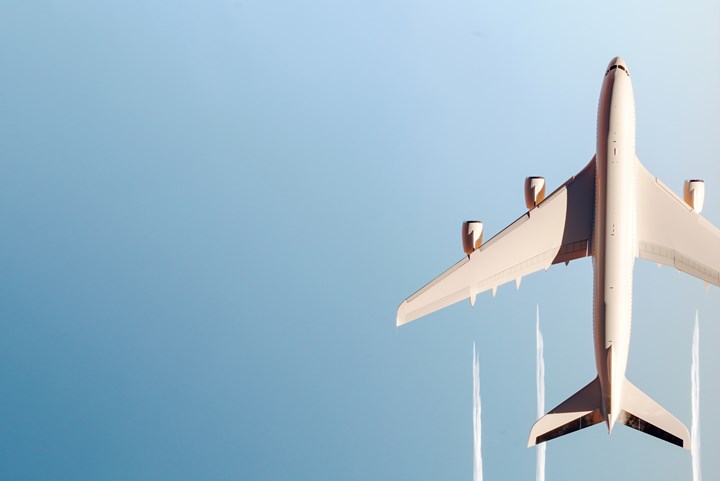FACC reports 28% revenue growth Q1 2023, higher new aircraft demand and future investment
Citing return to pre-pandemic growth rate, the aerocomposites Tier 1 will invest €35 million in 2023 including decarbonization of mobility, 400-600 new employees and tripling space in its newest plant in Croatia.
FACC AG (Ried im Innkreis, Austria) reports that ongoing recovery of air traffic led to a significant revenue increase in the first quarter of 2023, with a growth of 27.6% compared to the previous year. The improved market environment — albeit still affected by disruptions in international supply chains and persistently high inflation — directly affected these numbers, and is also reflected in operating results at the end of Q1 2023.
International supply chains are expected to ease in the full year 2023. As is customary in the industry, inflation-driven cost increases will be passed on to the market with a time lag of up to one year. FACC says that higher demand for new aircraft can be confirmed; this will result in further rate increases for all major aircraft models. With the exception of China, passenger numbers on short- and medium-haul flights (continental travel) have meanwhile returned to pre-pandemic levels. This growth trend is set to continue, and passenger numbers are also on the rise again in China following the relaxation of strict COVID-19 rules. Only international travel has not returned to its pre-crisis level. The prediction made by FACC’s management in 2020, according to which the aviation industry will fully recover by the end of 2024, has so far proven to be accurate.
FACC’s main priority is to further increase revenue in the company’s core business and to expand manufacturing capacities. In the financial year 2023, approximately €34.8 million will be invested in FACC’s planned growth. This includes tripling the area of the FACC plant in Croatia, which went into operation in 2022. FACC is conducting intensive research into technologies and materials that are set to make a significant contribution to achieving carbon-free mobility in the aviation industry. This includes, in particular, the establishment of a sustainable materials cycle management; FACC lightweight construction and product solutions will thus play an important role in meeting the aviation industry’s goal of carbon-neutral flying. Personnel expansion, which was initiated in 2022 with the onboarding of around 400 new colleagues, will continue. Within the next 14 months, the workforce will be further expanded by 400-600 employees throughout the company due to the optimal demand situation.
For the year as a whole, the management of FACC AG continues to expect an increase in revenue in the high single-digit percentage range as well as a gradual improvement in earnings.
Related Content
-
Plant tour: Spirit AeroSystems, Belfast, Northern Ireland, U.K.
Purpose-built facility employs resin transfer infusion (RTI) and assembly technology to manufacture today’s composite A220 wings, and prepares for future new programs and production ramp-ups.
-
PEEK vs. PEKK vs. PAEK and continuous compression molding
Suppliers of thermoplastics and carbon fiber chime in regarding PEEK vs. PEKK, and now PAEK, as well as in-situ consolidation — the supply chain for thermoplastic tape composites continues to evolve.
-
Combining multifunctional thermoplastic composites, additive manufacturing for next-gen airframe structures
The DOMMINIO project combines AFP with 3D printed gyroid cores, embedded SHM sensors and smart materials for induction-driven disassembly of parts at end of life.














